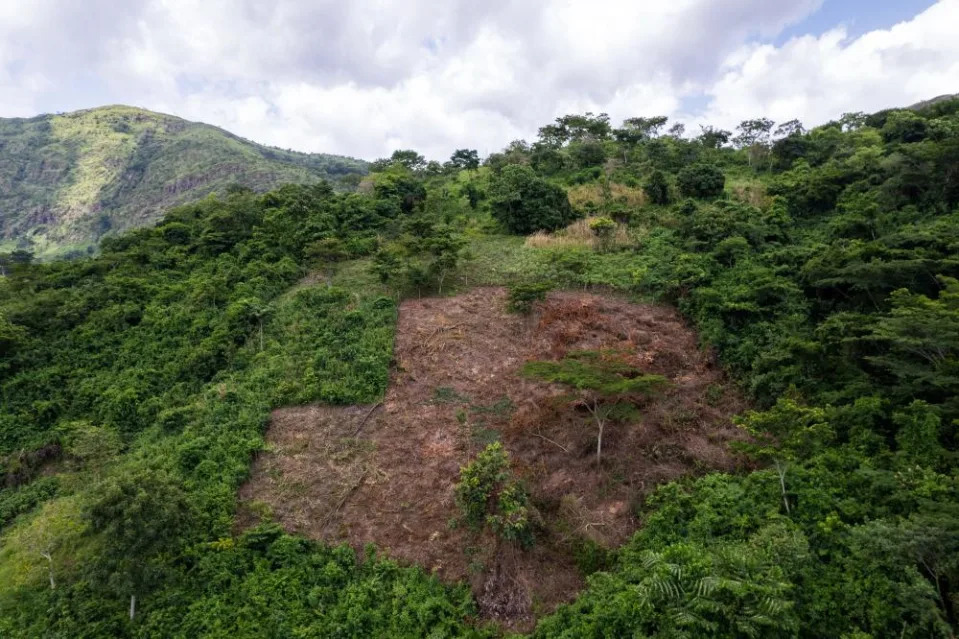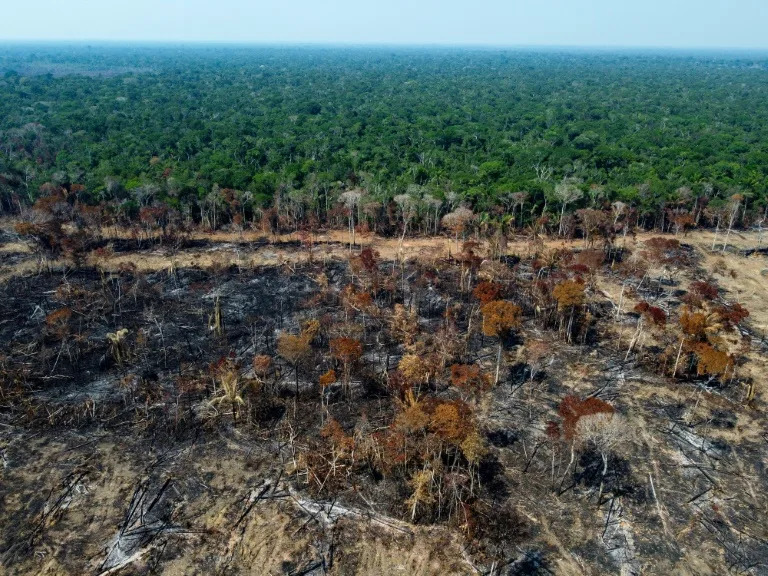Researchers who found novel coronaviruses in UK bats say genetic surveys of the viruses should be regularly conducted, even if none of those viruses can infect humans yet.
Working with a network of bat conservationists, a research team led by Imperial College London and University College London researchers screened faecal samples from UK bats for coronaviruses.
Their results, published today in Nature Communications, report circulation of four species of coronaviruses, including two novel ones, among the 16 UK bat species sampled. While some of these coronaviruses are related to those that cause COVID-19 and MERS, none are currently capable of infecting humans.
Regular surveillance of viruses in wildlife and more widely is a public health issue. Bats are protected species in the UK, so working with conservation organisations is crucial to this effort, say the researchers.
Lead researcher Professor Vincent Savolainen, from the Georgina Mace Centre for the Living Planet at Imperial College London, said: “Working with a network of conservationists and bat rehabilitators has been most fruitful in documenting the diversity of coronaviruses that is present in British bats, and which had been so far overlooked. This collaborative work forms the basis for future zoonotic surveillance and conservation efforts given the importance that bats play in our ecosystems.”
Co-author Professor Francois Balloux, Director of the UCL Genetics Institute, said: “In many parts of the world, we have decent surveillance of the pathogens circulating in humans and domestic animals but not so much in wildlife. Increased surveillance should improve public health preparedness and food security, and also be beneficial for biodiversity conservation.”
Pathogenic potential
Diseases that emerge in animals and transfer to humans are known as ‘zoonotic’. Human infection requires the virus to be able to infect human cells, and to cause an outbreak, it must then be able to spread between humans.
Many zoonotic diseases may pass to small groups of people in direct contact with the host animal and do not progress further. To know which viruses have the potential to spread wider, genetic investigations are crucial.
Bats are a large group of mammals, and their diversity means they can harbour a range of potentially pathogenic viruses. While bat virus surveys have been conducted in Asia, Africa, the Middle East and Europe, in the UK bat viruses have been overlooked for detailed genetic studies, beyond European bat lyssaviruses that cause rabies.
The team identified two species of alphacoronaviruses, one Middle East Respiratory Syndrome (MERS)-related coronavirus, and one sarbecovirus. The SARS-CoV-2 virus, which causes COVID-19, is also a sarbecovirus.
The researchers then studied the possibility of these viruses ‘spilling over’ and infecting humans. To do so, they created ‘pseudoviruses’, which carry whichever protein the virus uses to bind to host cells, but cannot replicate.
None were currently able to infect human cells, but one of the sarbecoviruses found in a sample from the lesser horseshoe bat was able to bind to ACE2, the receptor the SARS-CoV-2 virus uses to enter human cells. This sarbecovirus could only enter human cells in a lab when there was an overabundance of ACE2, suggesting it would need further adaptations if it were to infect humans.
Good for bats, good for us
Viruses are more likely to spill over from wild animals when they are brought in closer contact with humans. Habitat losses and land-use changes across the world are linked with an increase probability of zoonotic crossover.
Maintaining bat conservation efforts and minimising habitat destruction could therefore help prevent zoonotic spillover, alongside a monitoring program that regularly screens for potential pathogens.
Lisa Worledge, Head of Conservation Services at the Bat Conservation Trust, said: “New techniques such as the one used in this paper are increasing our understanding and highlight the importance of protecting nature. This work provides a great example of researchers and conservationists working together for the wider good.
“Beyond reducing the chances of zoonosis, we know that protecting wildlife brings many other benefits. From providing ecosystem services such as controlling insects that damage crops through to the simple joy of watching bats on a summer’s night, bats are a vital part of our natural heritage.”
JOURNAL
Nature Communications
METHOD OF RESEARCH
Experimental study
SUBJECT OF RESEARCH
Animals
ARTICLE TITLE
Genomic screening of 16 UK native bat species through conservationist networks uncovers coronaviruses with zoonotic potential
ARTICLE PUBLICATION DATE
27-Jun-2023










